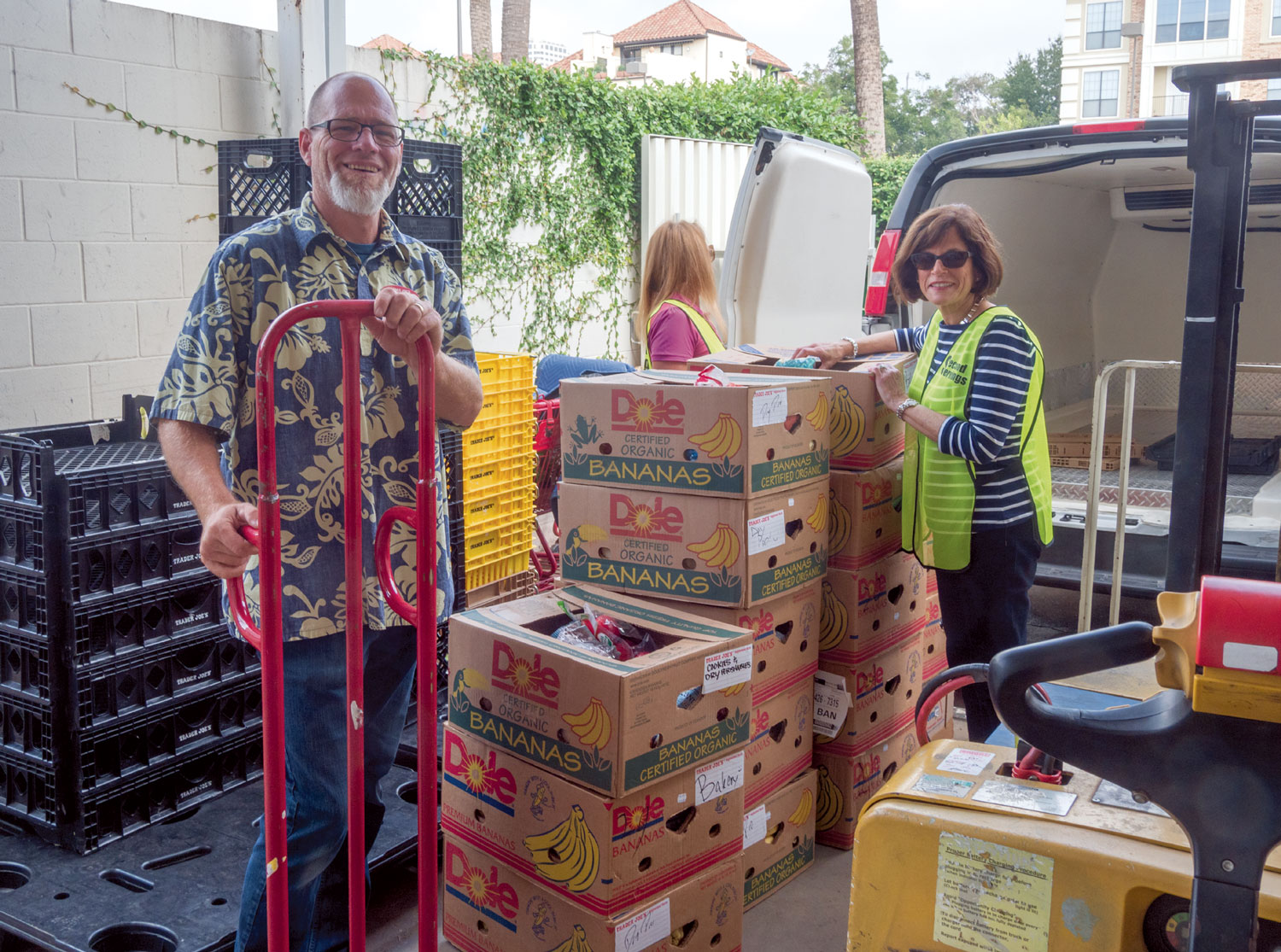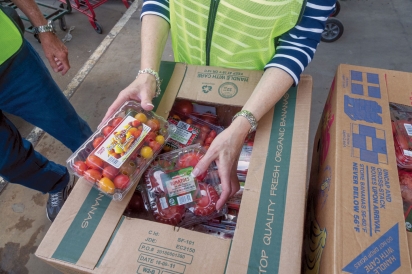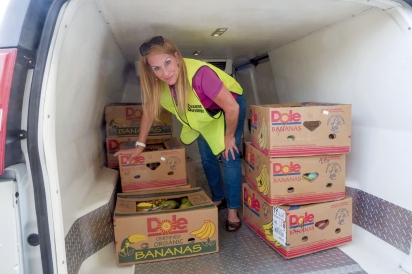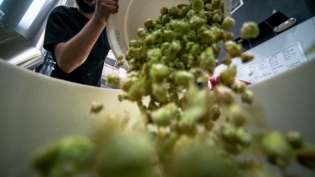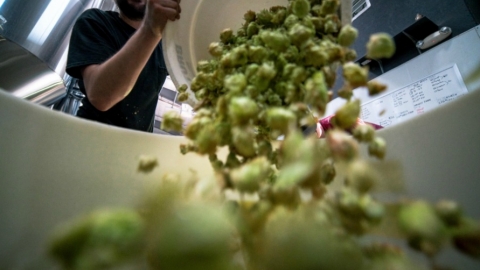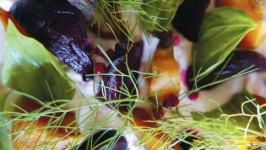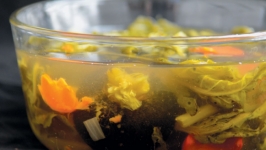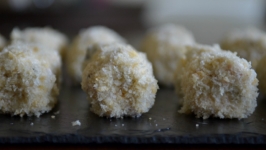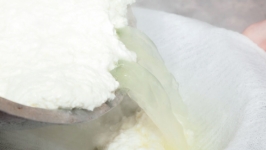Let's Waste Not, So We Want Not
Houston’s Second Servings puts surplus food where it’s needed
Second Servings, a Houston-based food rescue operation that delivers produce and unused prepared meals to aid and relief organizations, has become a lifeblood to local charities that serve a variety of diverse populations and individual needs.
Second Servings’ same-day pickup and delivery efforts benefit such notable community institutions as Houston Area Women’s Center, Loaves & Fishes, Star of Hope Mission, Tony’s Place, Emergency Aid Coalition, New Hope Housing, U.S. Vets Midtown Terrace and Covenant House, to name just a few of the more than 50 charities Second Servings reaches with its charitable arm.
Founder Barbara Bronstein said she had simply reached her frustration limit with the food waste she witnessed at community events. “I got tired of seeing a lot of no-shows at banquets, so I called the [Houston] Food Bank to see if they would pick up food and they referred me to a charity because they don’t handle prepared food,” she says. In 2014 she launched the organization and I started arranging rescues. “In the three-and-a-half years since we began rescuing food, we’ve rescued 1.3 million pounds of food worth over $6 million. We started with one charity site and now we’re up to 56.”
John Thornton, an avid volunteer with Second Servings, said he began volunteering after seeing a homeless man dig through a dumpster near his home. “It just left me hopeless,” he says. When he caught sight of a Second Servings van parked on a street, it led him to research the organization and decide to become a food rescuer. Now, he volunteers up to twice a week for Second Servings. “I think what’s amazing is that in just a day you see the difference you’re making in many lives,” he says. “I don’t know of another organization that has that same influence: to reduce food waste and feed those in need.”
Utilizing the group’s two vans, small paid staff and its eager volunteers wearing bright neon vests, Second Servings arranges unused meal pickups from a donors including hotels, manufacturers, retailers and caterers, such as the Hilton Americas, Four Seasons, Brothers Produce, Slow Dough Bread Co., Snap Kitchen, A Fare Extraordinaire and more. “There’s a lot of benefit in it for them. They get to walk away knowing they helped their community, they can use the tax writeoff and they save on waste-disposal fees. It’s a win-win-win,” Bronstein says.
Brothers Produce, Second Servings’ primary produce provider, currently donates 1,000 pounds of produce every day to the organization, from staples like apples and potatoes all the way down to speciality items like squash blossoms and artichokes. Ironically enough, it was Hurricane Harvey and unused buttermilk that introduced Bronstein to Brent Erenwert, CEO of Brothers Produce Houston.
“I needed to find a home for 80 cases of buttermilk that had two days left on them before they expired, so I posted on Facebook that I had all this buttermilk, and Barbara was able to find someone that was going to cook something with them,” Erenwert says. “You see, that’s that gap the [Houston] Food Bank can’t fill. They wouldn’t be able to use it before it spoiled. The important thing in this whole program is filling that void. We are never going to end hunger, but with programs like hers we can do our best to combat it.”
Like Brothers, Slow Dough Bread Co. is involved with Second Servings because it reaches the community in a way many organizations simply can’t. Doing three to four bread pickups at Slow Dough Bread Co. each week, Second Servings delivers the donated carbs to The Center Houston—an organization that benefits intellectually and developmentally challenged adults—and encourages those beneficiaries to prepare sandwiches that will then be served to several recipient charities.
“In what they’re doing with places like The Center, helping those adults [develop] their skills and put them to use, that’s our goal and that’s why we’re involved with them. For them to go to the community and help those less fortunate with our product, that’s one of the reasons we’re proud to be in business,” says Andrew Sanchez, administrative manager at Slow Dough.
Recently, in an effort to further benefit their recipient charities and reduce food waste, Second Servings launched a pilot program called Cook the Rainbow, which teaches charity and day-center cooks all the ins and outs of cuisine—surprisingly something many of them may have a limited knowledge of.
With the goods received from places like Brothers Produce, these cooks will learn how to utilize the variety of free food staples that come to their kitchens. “The culinary training of these programs is generally non-existent or very limited,” Bronstein says.
“They usually aren’t exposed to ingredients like arugula, organic oregano, kale, King Trumpet mushrooms and cauliflower rice. Great stuff like that. Many don’t know how to roast a vegetable or even use fresh herbs.”
Four volunteers proficient in nutrition, cooking and food safety—including Edible Houston’s Editor Francine Spiering—will host multiple coaching sessions with the charity cooks, helping them understand a wide spectrum of ingredients and flavors in order to cook a healthy, flavorful meals for their program recipients.
“We kept getting these great ingredients that we didn’t want to throw away, since that would go against our mission. But if they don’t know what to do with them, they likely won’t use them in their kitchen,” Bronstein says. “With this program they’ll be empowered to learn in their careers and they’ll also be reducing food waste, which furthers our mission.”
As for the goal of her influential organization, Bronstein has a surprising and rather unconventional vision. “Honestly, my goal would be to go out of business,” she admits. “That would mean there was no more need and no more waste, but I doubt we’ll ever see that day come.”


